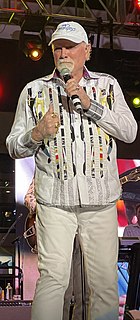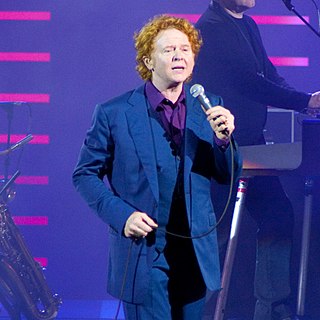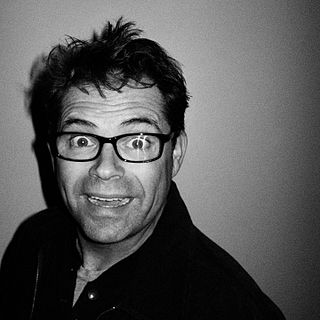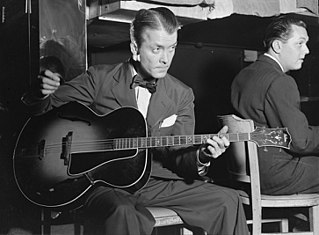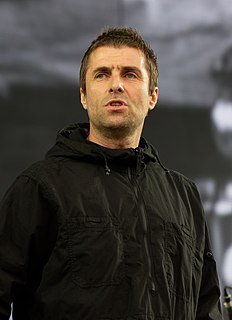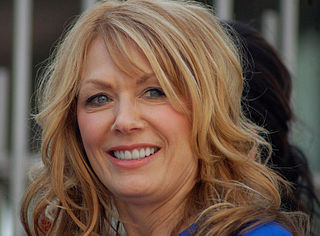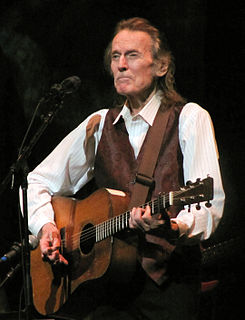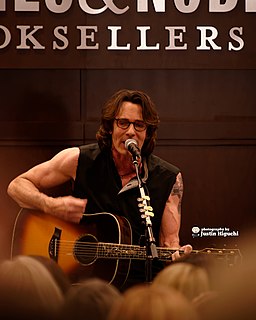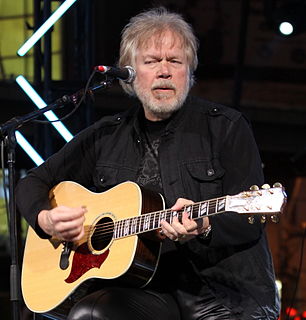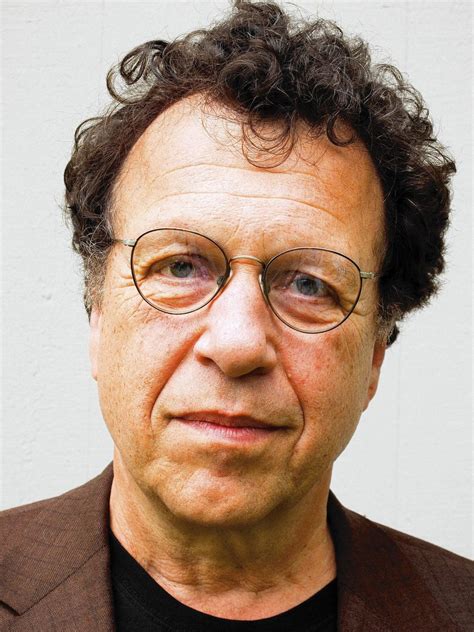A Quote by Tom Robbins
In East of Eden, John Steinbeck wrote that there's never been a great creative collaboration. When the Beatles first burst on the scene, I thought they were proving him wrong. Later, we learned that Lennon and McCartney had each composed their pop masterpieces separately, individually. So it goes.
Related Quotes
I got this Christmas gift with the entire Beatles catalog. I had fun trying to duplicate what I was hearing on these records, only using the instruments I had at hand - an acoustic guitar, and that's all. It was endlessly amusing to me to try to imitate John Lennon and Paul McCartney's harmonies using the guitar.
The writing of the Beatles, or John and Paul's contribution to the Beatles in the late sixties - had a kind of depth to it, a more mature, more intellectual approach. We were different people, we were older. We knew each other in all kinds of different ways than when we wrote together as teenagers and in our older twenties.


